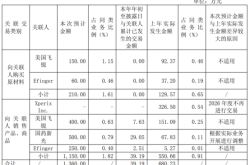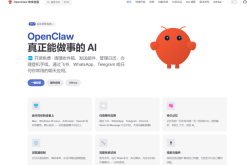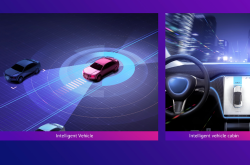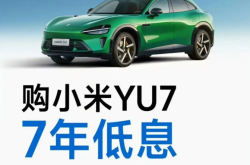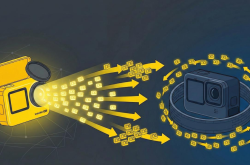Where is the future of automobiles headed?
![]() 11/07 2024
11/07 2024
![]() 616
616
"Co-create a Winning Future"
"Mobility, Endless Possibilities for the Future".
This is the theme of the automotive exhibition area at this year's China International Import Expo, and it is also a core topic in the global automotive industry.
On November 5, the 7th China International Import Expo opened, with the automotive exhibition area attracting as much attention as ever. This year's exhibition area featured nearly 40 exhibitors from 11 countries and regions, including 12 Fortune 500 companies such as Toyota, Volkswagen, Ford, General Motors, BMW, and Mercedes-Benz. Among them, Toyota's dual-system fuel cell product, the all-new BMW M5, and the all-new Mercedes-Benz G-Class SUV, which were showcased globally for the first time, were listed as representative exhibits.
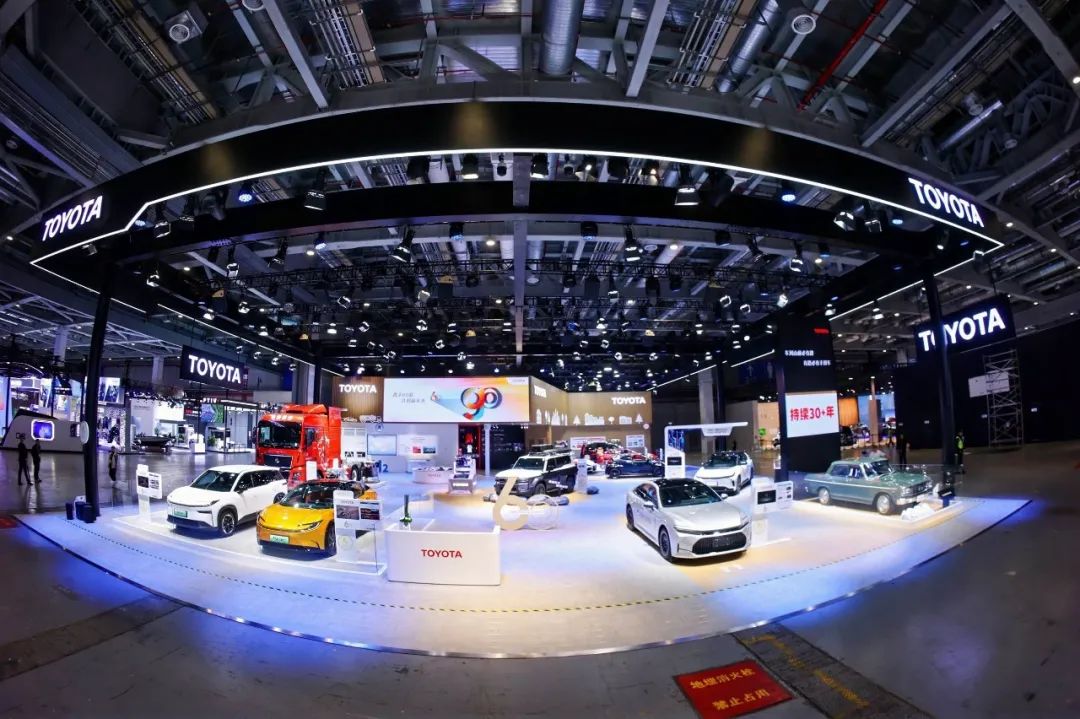
Toyota booth panorama
In recent years, due to significant breakthroughs in hydrogen energy development and utilization technologies, represented by hydrogen fuel cells, a global wave of hydrogen energy development has emerged. As a new type of productive force, the hydrogen energy industry has also become a key development direction for China's strategic emerging industries and future industries. Especially in 2024, various favorable policies have been frequently issued, and domestic and foreign enterprises with a first-mover advantage, represented by Toyota, have continued to make efforts. Through diversified cooperation, they jointly promote the research and development of hydrogen fuel cells, further drive industry development, and promote the popularization of hydrogen vehicles.
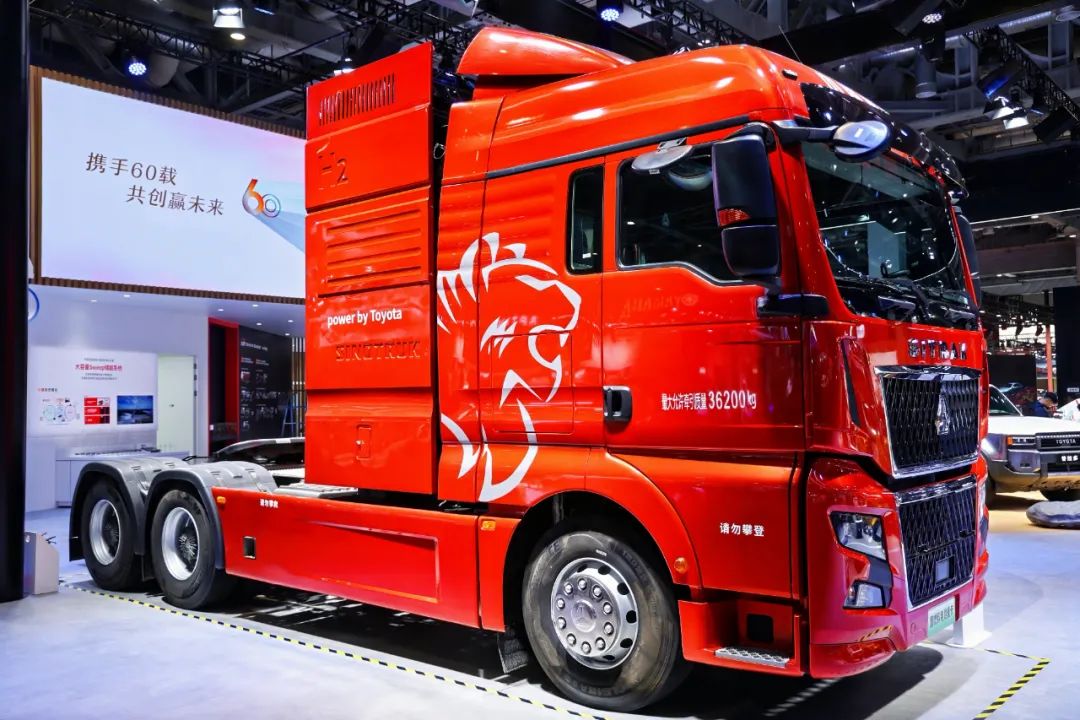
49t tractor equipped with the Huafeng 300kW fuel cell system
Toyota showcased the TLPower300 fuel cell system (dual system) with a rated power of 300kW at this year's CIIE, which is the first time it has been exhibited globally. This system has already been installed on a 49t fuel cell tractor. In addition, the TL Power150 and 260kW+ fuel cell systems are suitable for short-haul transportation of heavy trucks and heavy-duty trunk logistics scenarios, respectively, featuring high efficiency, low hydrogen consumption, and long service life.
Rapid rise of the hydrogen energy industry
Toyota, a "full-time student" participating in the CIIE for the seventh time, themed this year's exhibition "60 Years Together, Co-creating a Winning Future". Through the three parts of "Best in Town" (being the best corporate citizen locally), "Multi-Pathway" (multi-path new energy technologies), and "Mobility for All" (mobility freedom for all), it demonstrated concrete measures and efforts to achieve carbon neutrality and jointly create a better life.
With advantages such as no pollution and high efficiency, hydrogen fuel cell vehicles have always been known as the "ultimate eco-friendly car" in the field of new energy. Over the past few years, the demand for fuel cells in the transportation sector has shown explosive growth.
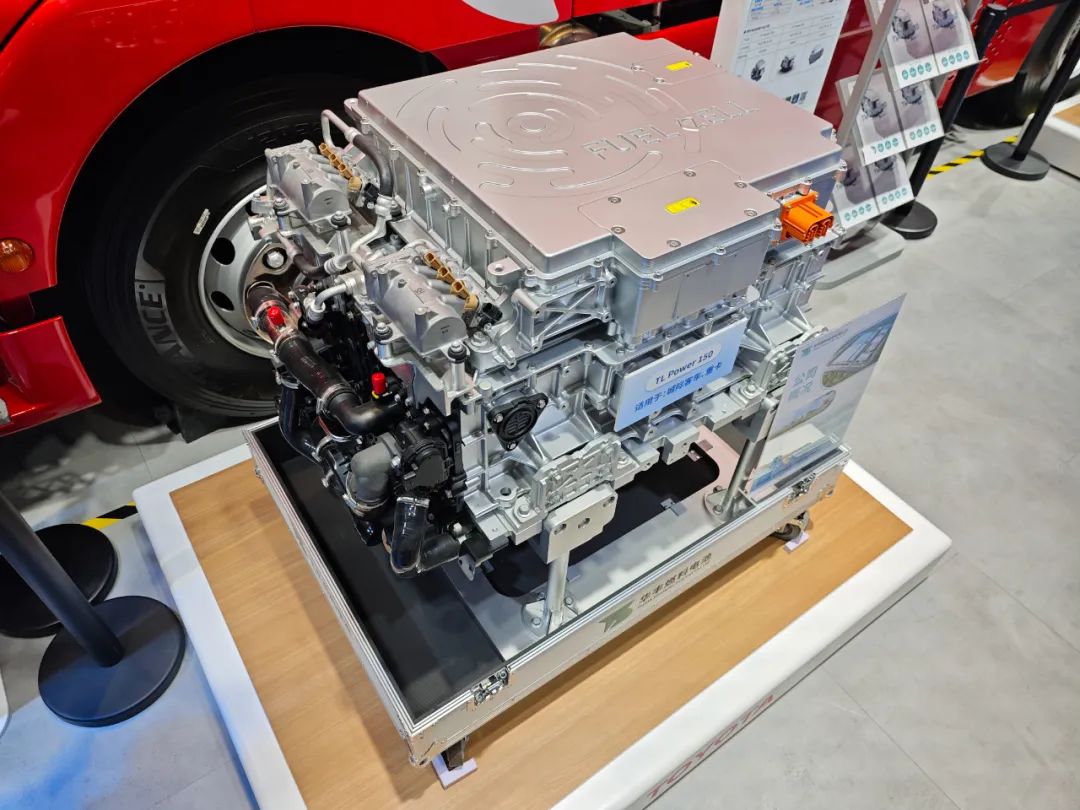
TL Power150 fuel cell system
Public data shows that in 2022, China's hydrogen fuel cell vehicle fleet surpassed 10,000 for the first time, reaching 14,979, making China the country with the largest fleet of hydrogen fuel cell commercial vehicles globally. In 2023, 7,478 hydrogen fuel cell vehicles were registered, a year-on-year increase of 49.4%. The National Energy Administration requires that by 2025, China's hydrogen fuel cell vehicle fleet will reach 50,000 to 100,000, and by 2030, it may reach 800,000 to 1 million.
Toyota, which began research and development in the field of hydrogen energy as early as 1992, has applied hydrogen energy to commercial vehicles such as buses, trucks, and forklifts in recent years through continuous technological breakthroughs. It has even extended hydrogen energy applications to various fields, including portable hydrogen cylinders and hydrogen generators.
Therefore, at this year's CIIE, Toyota focused its exhibition of hydrogen energy technology on the commercial vehicle sector, showcasing three fuel cell systems that serve as the "heart" of hydrogen fuel cell vehicles. These include the TL Power300 fuel cell system (dual system) with a rated power of 300kW, already installed on a 49t fuel cell tractor, the TL Power150 suitable for short-haul transportation of heavy trucks, and the 260kW+ fuel cell system, a concept product developed for heavy-duty trunk logistics scenarios.
Closely linked to the development of hydrogen fuel cell vehicles is the construction of hydrogen refueling stations. According to the "White Paper on the Development and Operation of China's Hydrogen Refueling Stations Industry (2024)" jointly released by research institutions EVTank, RDI, and China Battery Industry Research Institute, as of the first half of 2024, a total of 1,262 hydrogen refueling stations had been built globally, of which 456 were in China, accounting for 36.1% of the global total. The rest are distributed in countries and regions such as Japan, South Korea, Europe, and North America.
In recent years, China has continuously promoted the development of the hydrogen energy industry, and policies, guidance plans, and related measures to promote its development have been continuously introduced. The 2024 Government Work Report proposed "accelerating the development of cutting-edge emerging hydrogen energy and other industries." According to forecasts by the China Hydrogen Energy Alliance, by 2025, China's hydrogen energy industry output value will reach RMB 1 trillion; by 2050, hydrogen demand will approach 60 million tons (equivalent to 292.68% of 2020 levels), accounting for 10% of the terminal energy system. The output value of the industrial chain will reach RMB 12 trillion per year, becoming a new growth pole leading economic development.
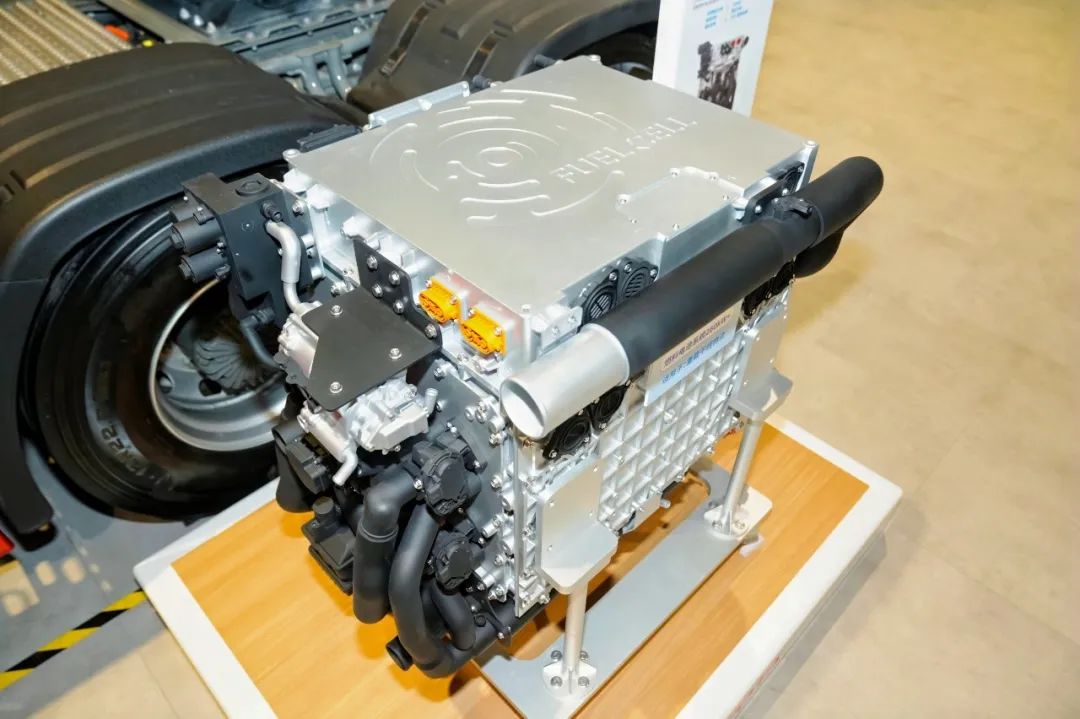
260kW+ fuel cell system
Toyota, which has been deeply rooted in the Chinese market for 60 years and holds an international leading position in the field of hydrogen fuel cell vehicles, began comprehensively promoting hydrogen fuel cell technology and products in China in 2019. It has continuously expanded its circle of friends in promoting the development of the hydrogen energy industry across various fields such as "production, education, and research" and has worked together to achieve localized research and development of hydrogen fuel cell technology and produce products that meet the needs of Chinese customers. Currently, Toyota's partners in the hydrogen energy field cover the entire upstream and downstream industrial chain, including vehicle manufacturing, FC system integration/production/sales, vehicle operation and use, as well as hydrogen production, storage, and transportation.
It is worth mentioning that in August of this year, Toyota China's Hydrogen Energy Business Headquarters was established, further strengthening its coordination with headquarters while accelerating the development of the hydrogen energy business in China. In the same month, Toyota's dedicated fuel cell research and development and production factory commenced operations in Beijing. Supported and guided by the government and industry experts, the factory operates in strict accordance with relevant safety standards, demonstrating an unwavering pursuit of safety and quality and setting a new benchmark for the industry. This will accelerate Toyota's layout of the hydrogen energy business in China and, through diversified cooperation, cultivate local talent in the hydrogen energy field and promote the development of China's hydrogen energy industry and the popularization of hydrogen fuel cell vehicles.
Promoting sound development of the industry
In recent years, the application scenarios of hydrogen fuel cell vehicles have gradually diversified.
During the Beijing 2022 Winter Olympics and Winter Paralympics, energy-saving and clean energy vehicles accounted for 100% of passenger cars and 85% of all vehicles, the highest proportion in the history of the Winter Olympics. Over 1,000 hydrogen fuel cell vehicles participated in transportation service support, demonstrating and testing Beijing's hydrogen energy technology and industrial capacity on a large scale. Among them, the 247 hydrogen fuel cell vehicles provided by Toyota marked the first large-scale application of hydrogen fuel cell vehicle models in a major event in China.
With policy promotion and increasing demand in the transportation sector, the hydrogen energy and fuel cell industries have entered a period of rapid growth this year, and the implementation of fuel cell vehicle and green hydrogen projects will be significantly accelerated.
However, while China's hydrogen energy policies are promoting the rapid rise of the industry and the rapid development of the hydrogen energy market, opportunities and challenges coexist. Many bottlenecks have emerged in the current industry development, urgently requiring joint efforts from policies, markets, and relevant institutions to break through and promote sound industry development.
Similar to the promotion and application of other new energy vehicles, issues related to range and refueling still restrict the development of hydrogen fuel cell vehicles. The construction speed of infrastructure such as hydrogen refueling stations does not match the development speed of hydrogen fuel cell vehicles, and the industrial chain for manufacturing and transporting hydrogen is also incomplete. Range and refueling issues remain one of the core pain points affecting user decisions. Although China is already the country with the largest number of hydrogen refueling stations globally, as hydrogen fuel cell vehicles gradually enter a period of rapid development, this issue has become increasingly prominent.
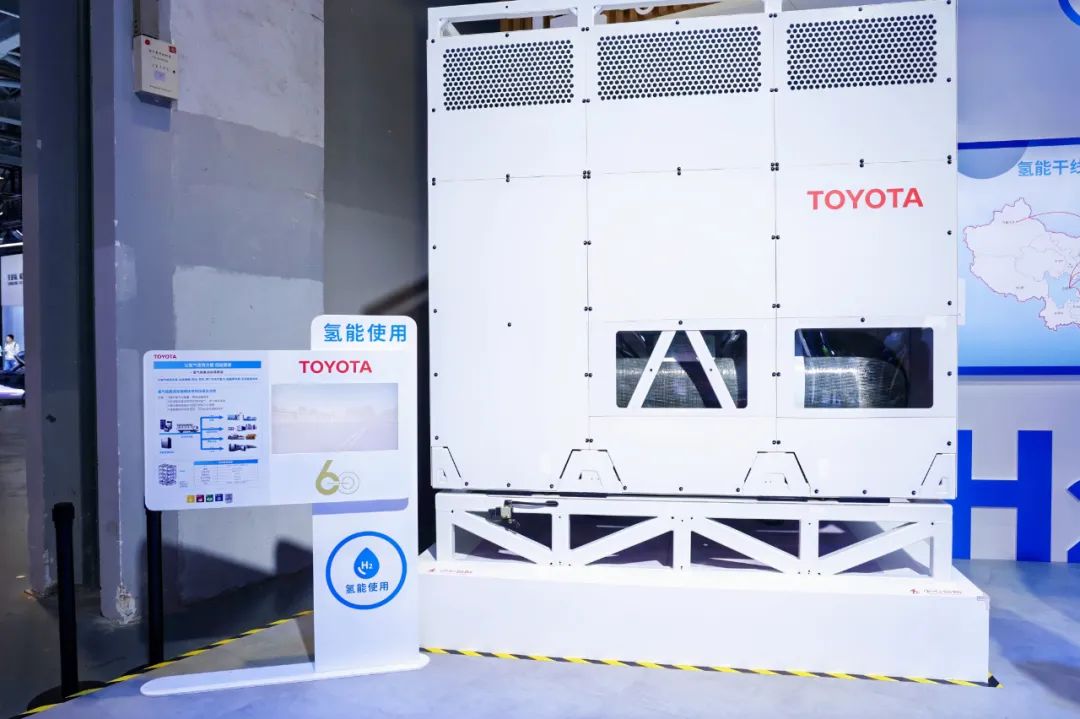
Integrated hydrogen cylinder storage module
Toyota's "hydrogen swapping" model proposed at this year's CIIE and the exhibited hydrogen storage module (integrated hydrogen cylinder storage module) are considered to alleviate this issue to a certain extent. To provide users with a more stable and worry-free driving experience, specifically for commercial vehicle trunk logistics scenarios, Toyota innovatively proposed the "hydrogen swapping" model to increase vehicle range, shorten refueling time, and reduce initial vehicle purchase prices. Even in areas where hydrogen refueling infrastructure is not yet complete, commercial vehicles can be refueled more conveniently, efficiently, and quickly. At the same time, through the rental use of hydrogen storage modules, the service life of hydrogen cylinders can be maximized, reducing the initial purchase cost of commercial vehicles. Currently, Toyota is actively promoting empirical testing of the hydrogen swapping model in China.
In addition to initial vehicle purchase costs, the high total life cycle cost of hydrogen vehicles, especially operating costs, has also severely affected their market penetration. It is understood that highway tolls account for approximately one-third of the total cost of hydrogen commercial heavy trucks. The role of highway toll exemption policies in promoting hydrogen vehicles is self-evident. Taking hydrogen heavy trucks as an example, after waiving highway tolls and considering other related subsidies for fuel cell vehicles, the total life cycle cost of the vehicle drops to RMB 4.088 million, which is already significantly more economical than diesel heavy trucks. Reducing operating costs of hydrogen vehicles can significantly increase sales and fleet size, facilitating the large-scale production and application of fuel cell vehicles.
Since the beginning of this year, Shandong, Shaanxi, Jilin, Sichuan, Erdos in Inner Mongolia, and other regions have successively announced or spread news about temporarily waiving highway tolls for hydrogen vehicles. In the view of industry insiders, promoting a highway toll exemption policy for hydrogen vehicles nationwide can significantly reduce vehicle operating costs and further accelerate the application and promotion of hydrogen fuel cell vehicles.
Furthermore, multiple regions have issued hydrogen fuel cell industry plans, leading to regional restrictions and local protection barriers. This prevents enterprises from unleashing their high-quality products and sufficient production capacity, resulting in an imbalance in the application and development of hydrogen energy and insufficiently unleashing the vitality of the hydrogen energy industry's development.
During the rapid development of the hydrogen energy industry in recent years, through the efforts of multiple parties, China's hydrogen energy industry has achieved phased results and expanded its development prospects. However, as various regions and related upstream and downstream enterprises in the industrial chain accelerate their layout, this emerging industry still requires further improvement and guidance from policies to ensure sound and healthy development and "co-create a winning future".
This article is original content by ECNS Auto. Welcome to share. If media outlets wish to reprint, please indicate the author and source before the text. Any media or self-media that produces videos or audio scripts based on any content of this article will be held legally responsible.

